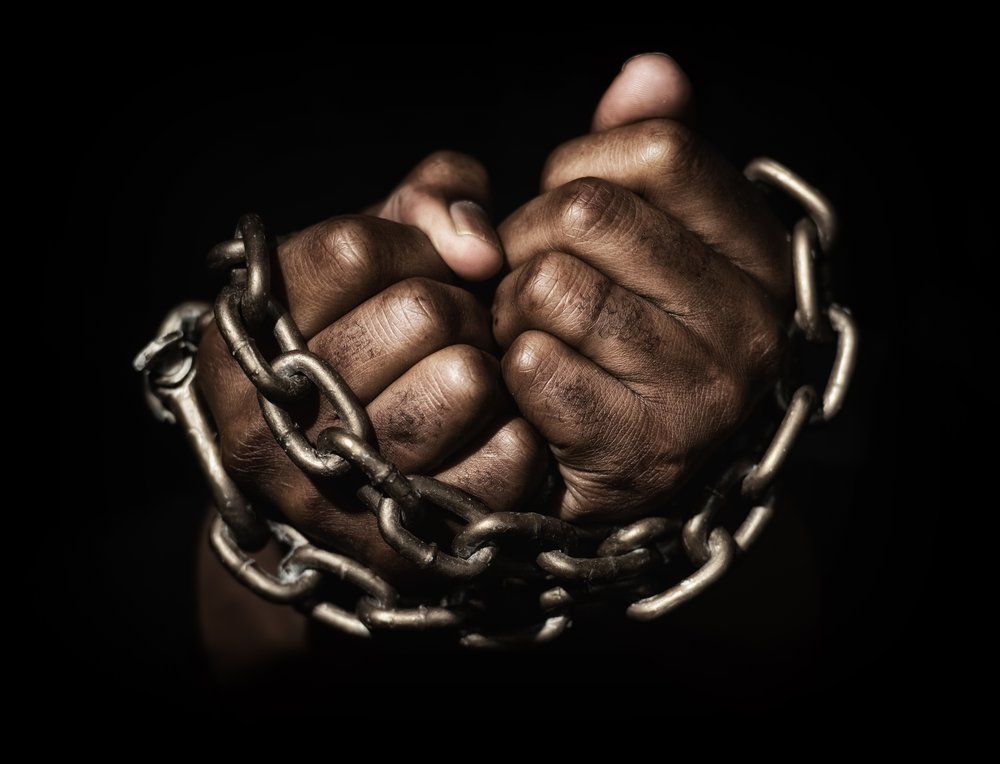In NJ, an ambitious plan to study slavery reparations starts on Juneteenth
June 19, 2023, 8:01 a.m.
Advocates are taking it on themselves to create the policy task force lawmakers have never voted to form.

A social justice organization in New Jersey is observing the Juneteenth holiday by taking on the question of reparations for Black residents of the state.
“The Reparations Council, which is convened by the New Jersey Institute for Social Justice, is an effort to study the history of slavery and segregation and its relationship to ongoing evidence of racial disparities and anti-Black racism and a number of inequalities, including the racial wealth gap,” said Khalil Gibran Muhammad, co-chair of the council.
Muhammad is a professor of history, race and public policy at Harvard University’s Kennedy School of Government, and a resident of South Orange, New Jersey. Much of his research has focused on racial inequalities and the criminal justice system.
The institute created the council after a bill to create a state Reparations Task Force stalled in the state Legislature.
“And so this council is doing the work that the Legislature should be doing in an effort to move forward with a plan of action,” Muhammad said. “The issue of reparations, perhaps in the state of New Jersey, remains controversial enough that some elected officials fear that there may be political backlash by moving forward.”
The bill to study reparations was first proposed in 2019, and reintroduced every year since. Sponsored by Democrats Shavonda Sumter, Britnee Timberlake and Verlina Reynolds-Jackson in the Assembly and by Sandra Cunningham, Renee Burgess and the late Ronald Rice in the state Senate, the bill would have done what the Institute for Social Justice now plans to do.
The council is led by leading scholars and experts in public policy to study what can be done in the state to repair the lasting harm of slavery. The other co-chair is Taja-Nia Henderson, dean of the Graduate School at Rutgers University-Newark and a professor at Rutgers Law School. Her research focuses on incarceration and chattel slavery.
The Reparations Council has nine committees to study the legacy of New Jersey’s slave history, economic justice, democracy, policing, health, environmental justice, “public narrative and memory,” segregation and faith.
It will conduct research but also hold public hearings to hear testimony of individual New Jersey residents.
The council will consider changes to public policy and law, and the possibility of cash payments to the descendants of enslaved people.
“That's an essential part of any policy recommendation going forward,” Muhammad said. "The work of the task force is to identify the intentionally designed policies that produced racial inequality, and therefore, to ensure that those policies come off the books.”
The council plans to make its final recommendations in two years on the Juneteenth holiday.
Rutgers Confronts Its History of Slavery, With Mixed Results 'Homicide’ star and other benefactors to help save NJ's ‘Freed Slave House’ NJ cemetery may have remains of enslaved people. A slaveholder's descendent hopes to prove it